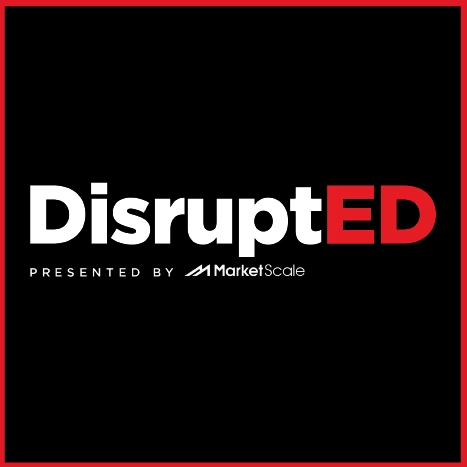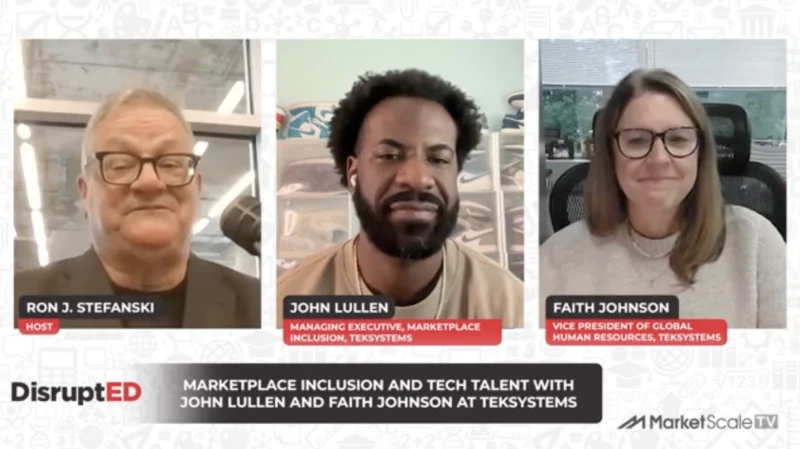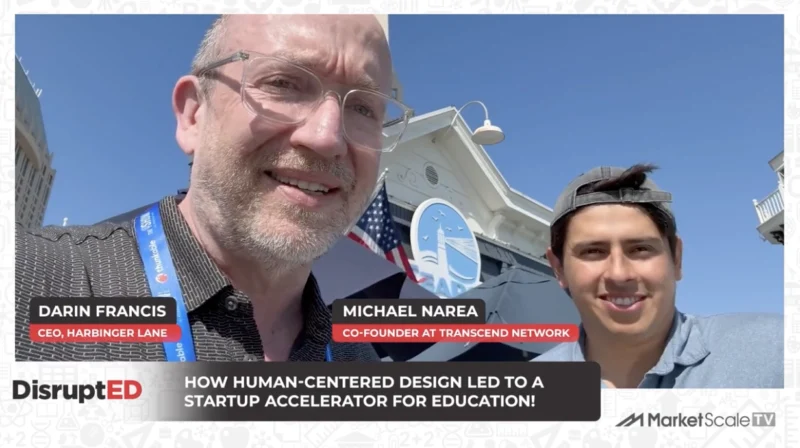Bridging the Gap Between Traditional Education and Modern Needs: Why School Educators Need to Shift Focus to Durable Skills Part 2 of 2
Educational methods are changing significantly, driven by the growing use of artificial intelligence and an emphasis on durable skills. As more people seek flexible, lifelong learning options, these tools are critical for modernizing education. This shift is essential given the increasing gap between conventional educational routes and the varied demands of the current job market.
How can AI and a learner-centered approach redefine the future of education? This core question underpins the latest discussion on the DisruptED podcast.
Host Ron J Stefanski delves into the potential of AI to enhance the educational experience and explore the importance of durable skills with Kelly Crabb, Senior Vice President of Sales at Honor Education, and Dr. Joseph Orgel, Vice Provost for Academic Affairs at the Illinois Institute of Technology.
The key points discussed are…
- The role of AI in personalizing and enhancing learning experiences.
- Strategies for developing durable skills, such as critical thinking and effective communication.
- The need for educational models that integrate technology without overshadowing human interaction.
Dr. Joseph Orgel has been instrumental in integrating innovative technologies into the learning process. His work emphasizes the importance of both technology and human connection in education.
Kelly Crabb has a remarkable track record of driving significant revenue growth, leading teams to exceed multi-million-dollar targets, and architecting innovative, mission-aligned solutions to address market challenges.
Article written by MarketScale.




